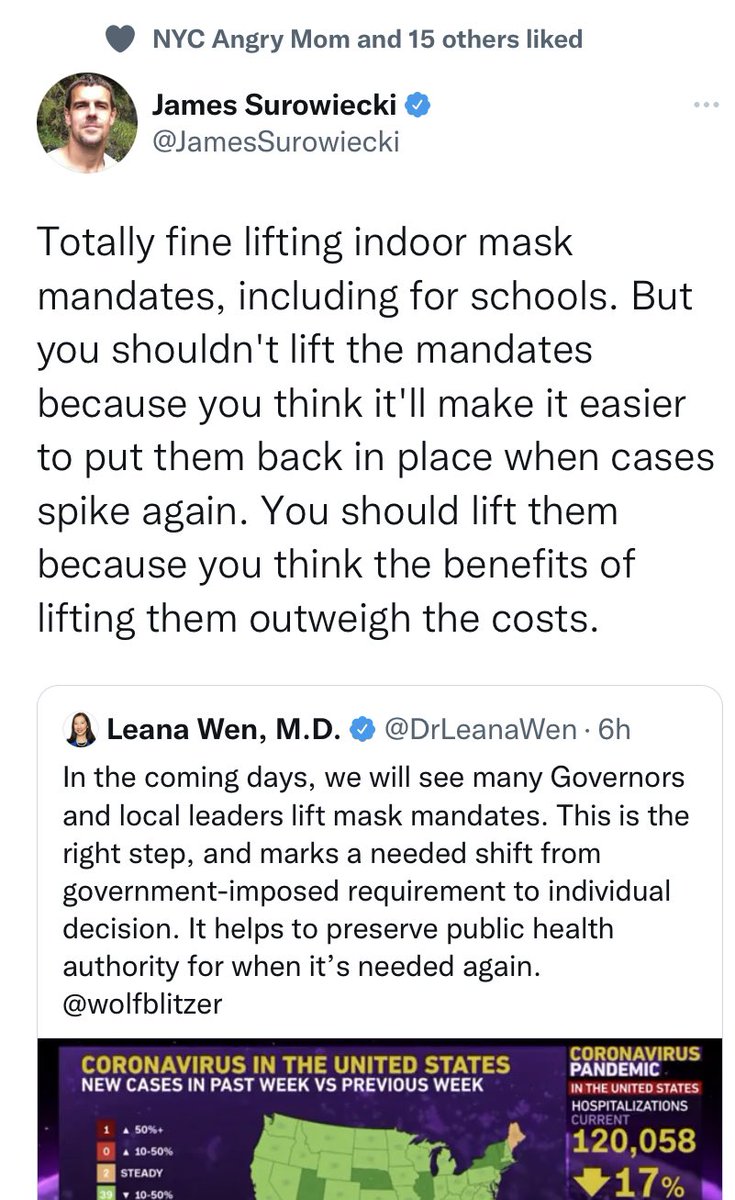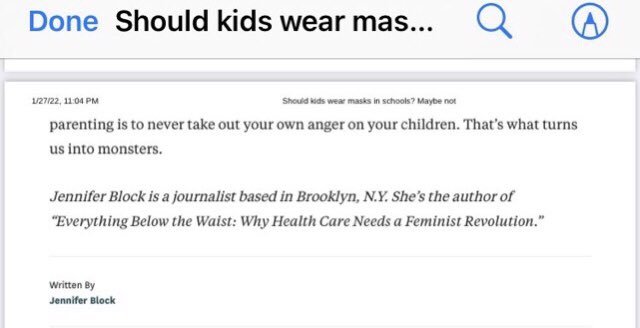
Our brains ARE wired to pick up spoken language naturally. Humans have been speaking for 50,000+ yrs.
But we've only been writing for 5,000 yrs!
Written language is manmade... and needs to be taught.
@carolyn_strom unpacks the brain science at #LiteracyMatters conference.
But we've only been writing for 5,000 yrs!
Written language is manmade... and needs to be taught.
@carolyn_strom unpacks the brain science at #LiteracyMatters conference.

Parts of our brain are naturally wired to understand sounds and words.
But, no part of the brain comes wired at birth to understand letters / words.
With years of reading instruction, we train our brains to recognize words, as @carolyn_strom explains.
But, no part of the brain comes wired at birth to understand letters / words.
With years of reading instruction, we train our brains to recognize words, as @carolyn_strom explains.

.@carolyn_strom has been working on ways to explain the neuroscience of reading to families, without all of the scientific jargon, using a storytelling framework.
She has given more accessible names to the parts of brain doing the work of learning language & literacy.
She has given more accessible names to the parts of brain doing the work of learning language & literacy.
Sound City is the part of the brain where sounds are stored.
Mountains of Meaning is where words and their meaning are stored.
I tried taking a video of @carolyn_strom’s intro to her framework, and oops, it was the time-lapse photo above. 😂
I did get video partway in…
Mountains of Meaning is where words and their meaning are stored.
I tried taking a video of @carolyn_strom’s intro to her framework, and oops, it was the time-lapse photo above. 😂
I did get video partway in…
I love hearing @carolyn_strom explain the neuroscience of reading.
I think it’s so accessible to families… and teachers!
#LiteracyMatters
I think it’s so accessible to families… and teachers!
#LiteracyMatters
When we teach kids to read, we teach them to break words down to the finest sounds (segmenting), and then we need to train the part of the brain that is wired to recognize faces and objects to ALSO recognize letters.
Then we connect the two.
@carolyn_strom continues:
Then we connect the two.
@carolyn_strom continues:
In the years that kids learn to read, they build new neural pathways to connect these different parts of the brain.
The ability to recognize words with increasing automaticity, and to break down new worlds with ease, grows stronger with practice.
The ability to recognize words with increasing automaticity, and to break down new worlds with ease, grows stronger with practice.

What does it look like when children are building these skills?
@carolyn_strom gives us a glimpse of those early years, and talks about the connection between the brain science and what we see with emerging readers.
#LiteracyMatters
@carolyn_strom gives us a glimpse of those early years, and talks about the connection between the brain science and what we see with emerging readers.
#LiteracyMatters
Learning to read is like learning to play the piano, ride a bike, or swim.
We don’t learn to play piano by watching someone play or listening to music. We must be taught.
But, we build those reading skills upon the brain’s understanding of the spoken language. @carolyn_strom
We don’t learn to play piano by watching someone play or listening to music. We must be taught.
But, we build those reading skills upon the brain’s understanding of the spoken language. @carolyn_strom
Editing myself:
This sentence should have said:
“no part of the brain comes wired at birth to understand letters / written words”
This sentence should have said:
“no part of the brain comes wired at birth to understand letters / written words”

• • •
Missing some Tweet in this thread? You can try to
force a refresh













